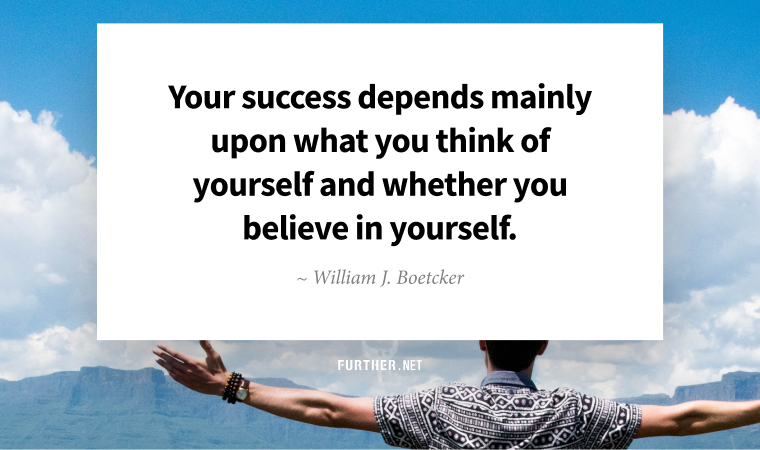
At the tender age of three, my daughter’s preschool friend group suddenly dumped her. All those years ago, her teacher gave me not just the best parenting advice but perhaps the best life advice:
There’s nothing to do or ‘fix’ — if you want to help your daughter, find ways to bolster her self-esteem.
I’ve thought of that invaluable insight countless times over the years — and especially recently as I counseled my niece through her college applications, a newly empty-nesting friend, and a prospective client who’s envisioning a “you are enough” themed website (the fifth person to ask for my help with an identical project over the years).
No matter how old you are, feelings of self-doubt, imposter syndrome, and a lack of confidence can undermine your sense of well-being. The good news is there’s a simple formula you can employ to evaluate and improve your inner sense of self.
The Self-Esteem Equation
According to Abraham Maslow, self-esteem is second only to self-actualization in his famed hierarchy of needs. But just because it’s a basic necessity doesn’t mean it’s easy to acquire — or hold onto.
Enter William James, the founding father of humanistic psychology whose work predated Maslow’s by a half-century. In his book, The Principles of Psychology, James defined self-esteem in a formula that balances your aspirations with your achievements.
Self-esteem equals success divided by our pretensions.
By “pretensions,” James meant goals and beliefs. In other words, you’ll never feel like you’re enough if you value perfection over progress or if your objectives are way beyond reach. Out-of-whack ideals make a personal triumph seem like a sad consolation prize rather than the success it is.
Do the Math
Looking deeply at James’ equation, it’s easy to quickly spot the problems with unchecked ambition and unrealistic expectations. This doesn’t mean you shouldn’t have aspirations — it just means focusing on a balanced approach to goal-setting.
You must be consistent and focus on realistic goals that match your worth. Only then will you achieve success, and your self-esteem will remain strong and healthy.
While preschoolers have miles to go before realizing their strengths and embracing their capacities, we adults have a track record of successes and failures alike. So, when your self-confidence is rattled, James’ formula is the perfect method to factor in your resilience and capabilities and solve the problem of low self-esteem.
William James and His Formula for Boosting Self-Esteem (Exploring Your Mind)
